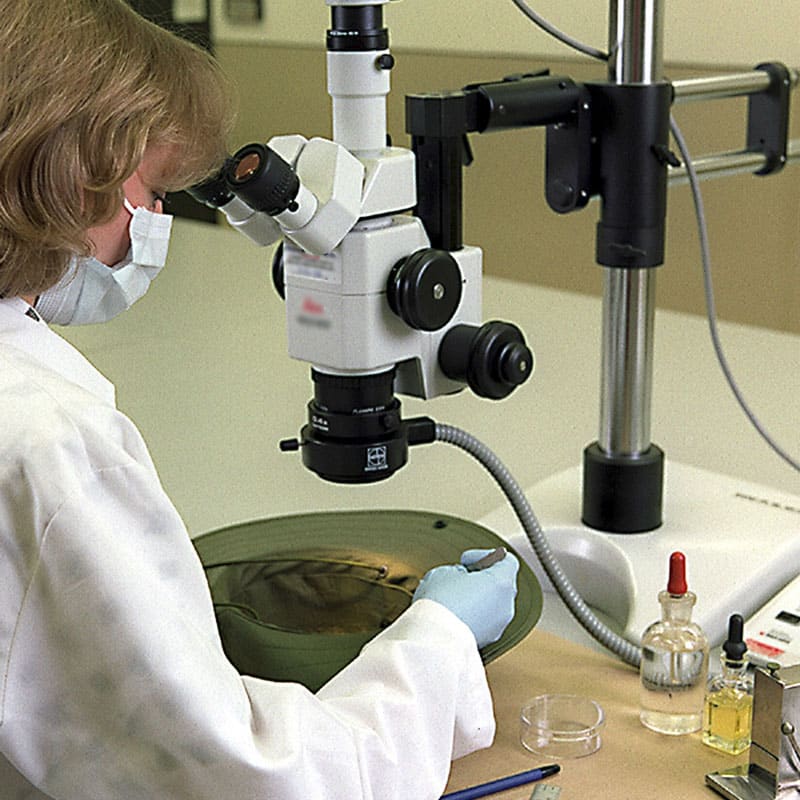The Department of Justice (DOJ) entered into a consent judgment with the former CEO of Premier Medical, a now-defunct genetic testing company. In a July 17 press release, the DOJ announced that Kevin S. Murdock agreed to pay more than $27.5 million to resolve allegations of violations of the False Claims Act and state Medicaid fraud laws. This settlement brings the total amount recovered by the government from various defendants in the case to $114.5 million.
The DOJ’s investigation was sparked by a former Premier employee, Karen Mathewson. Mathewson filed a qui tam lawsuit under the False Claims Act. As part of the settlement, which will be split between the United States and the three states involved (Colorado, Georgia, and South Carolina), Mathewson will receive an award of 16% of the funds received by the United States and 7.5% of the funds received by both Georgia and Colorado.
In 2021, the U.S. and the three states filed a joint complaint against Premier; its coconspirator, Freedom Medical Labs, LLC; and several individuals in leadership positions within the two companies, including Murdock. The complaint alleged that Freedom conducted medically unnecessary genetic cancer screenings for Medicaid recipients in the three states to obtain the high Medicaid reimbursements they offered, and that Premier paid illegal kickbacks to Freedom for this testing. In total, the scheme cost the states’ Medicaid programs over $14 million.
“Medicaid fraud undermines the integrity of our healthcare system, harming both patients and taxpayers. Its existence cannot be tolerated. These recent civil judgments highlight the importance of stringent oversight and enforcement,” said South Carolina Attorney General Alan Wilson. In this case, successful enforcement depended on the internal knowledge of an employee, without whom the multi-state scheme could not have been revealed.
The False Claims Act’s qui tam provisions enable private citizens and private parties like Mathewson to file lawsuits on behalf of the government if they know of an individual or company defrauding the government. Qui tam whistleblowers, also referred to as “relators,” are eligible to receive between 15 and 30% of the government’s recovery.
During FY 2024, settlements and judgments under the False Claims Act exceeded $2.9 billion, and over $2.4 billion of the recoveries stemmed from qui tam whistleblower lawsuits. Furthermore, according to the government, a record 979 qui tam lawsuits were filed in FY 2024.
However, in September 2024, a district judge in Florida ruled that the False Claims Act’s qui tam provisions were unconstitutional. The U.S. federal government is urging the U.S. Court of Appeals for the Eleventh Circuit to reverse that decision, stating in a brief that “other than the district court here, every court to have addressed the constitutionality of the False Claims Act’s qui tam provisions has upheld them.”
The National Whistleblower Center has issued an Action Alert, enabling whistleblower supporters to contact members of Congress and urge them to protect and strengthen the False Claims Act.
